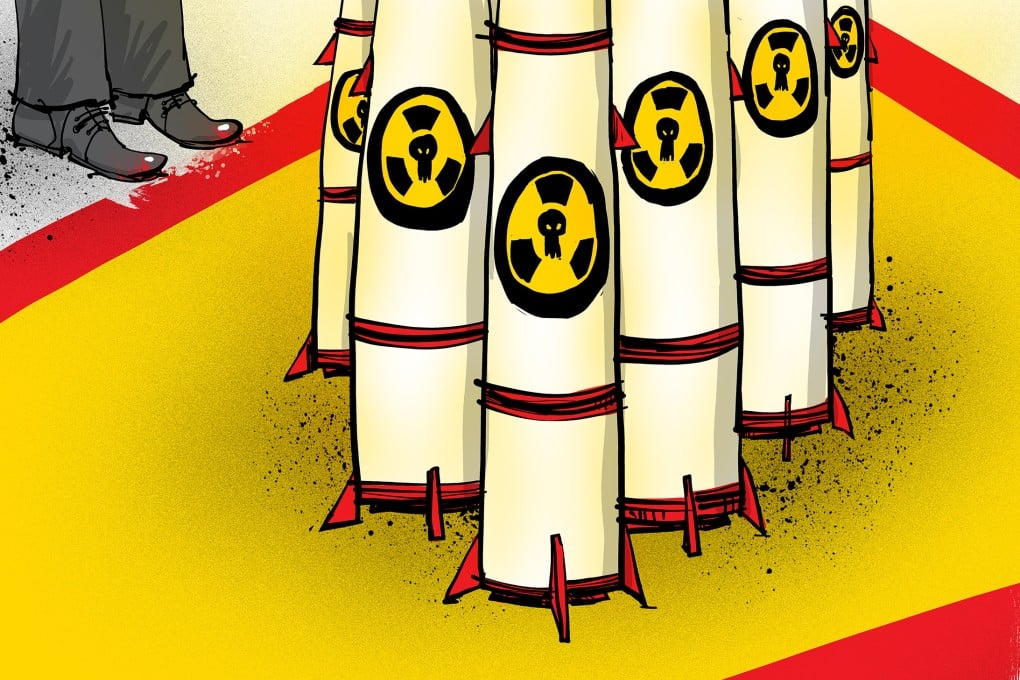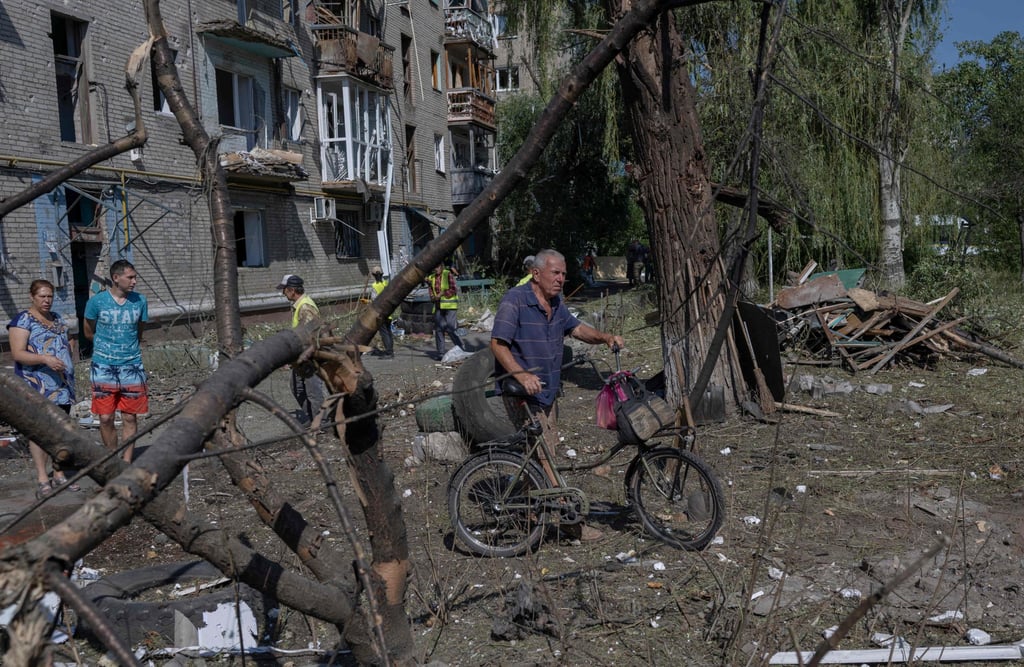Opinion | Respect for ‘red lines’ is the only way global powers can avoid nuclear war
- History may remember the heroes of war, but it is the leaders who succeed in averting conflict that deserve to be celebrated
- Without the first brave steps towards conciliation, it is all too easy for tensions to escalate to the point of no return

The crumbling of the current world order is like the early stages of an earthquake. Initially, everything looks fine, then cracks and tremors begin to appear, and events accelerate until the actual earthquake occurs, with massive devastation.
The difference between earthquakes and war is that the latter is human-induced and should, in theory, be avoidable. Unfortunately, history rewards heroes who win wars, but has seldom praised statesmen who have avoided them.

There were lots of proxy wars in those years: in Korea, where the Soviets pushed China to do the fighting; and Afghanistan, where the US financed Islamist forces to wear down the Soviet forces. The Cuban missile crisis was defused when the Russians agreed to remove missiles from Cuba, provided the Americans removed missiles from Türkiye.
